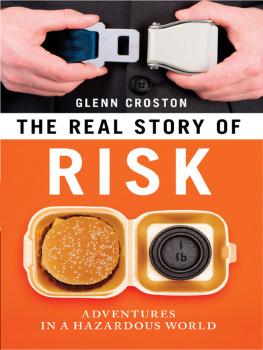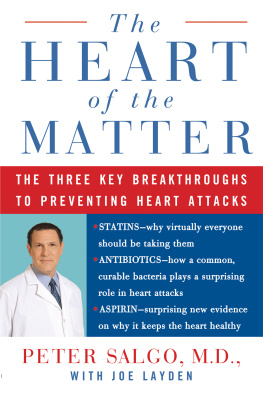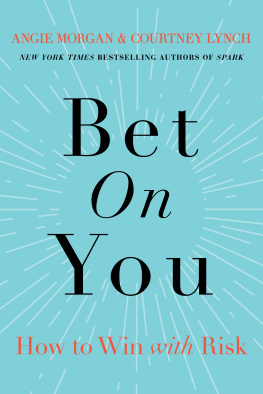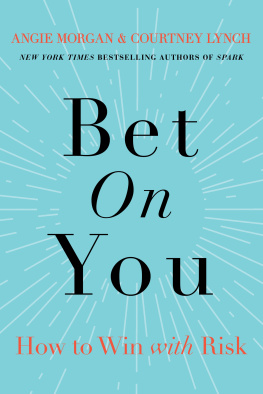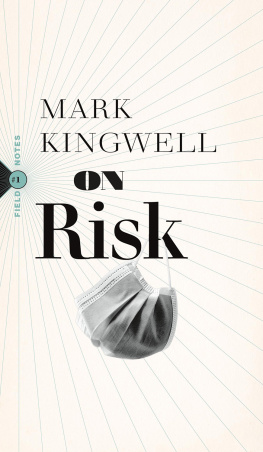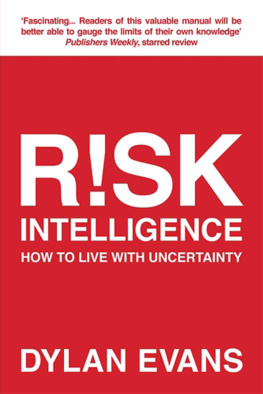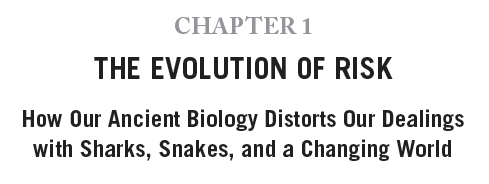
SHARK ATTACK
Sharks are scary creatures, maybe the scariest. The slightest mention of a shark attack snaps your attention to a screen, imagining what it would be like if you were the one facing one of these primeval predators. Few of us have actually been through this, but Wall Street banker Krishna Thompson came face-to-face with a shark and survived to see them in a whole new light.
It was a warm August morning when Krishna swam out from the beach on Grand Bahama Island in the Caribbean. On a vacation with his wife, AveMaria, for their tenth wedding anniversary, he woke early that morning and went out to the beach for a swim while his wife slept in. Hurricane Barry was off the coast, making the water choppy, cold, and murky. Treading water at a depth of about four or five feet, he was the farthest out among the people in the ocean that morning. He was gazing out to sea when he saw a fin moving fast through the water and coming straight toward him. Krishna tried dodging the shark, but it grabbed his left leg, teeth crunching on bone, and started towing him out to sea.
Trying to shake loose, he had no such luck. I can't believe there's a shark on my leg, he thought, his mind darting to thoughts of his wife and the kids he didn't have yet as he plowed through the water. Later, experts told him that, based on the bite marks on his bone, it was a bull shark that got him that day, one of the few types of aggressive sharks.
Oh God, get me out of this, he thought as the shark towed him out deeper and deeper and then suddenly pulled him beneath the surface in a swirl into the darkness, shaking his body violently. Tensing, Krishna felt no pain from his leg but worried about not being able to breathe. Knowing he did not have much time, he reached around in the dark to where he knew the shark's mouth must be on his leg and grabbed its jaws to pry them open.
To his surprise, it worked. His leg came free and he was suddenly filled with new energy, happy to be free even if the shark was still right there, staring him in the face. When you're in the shark's jaws one minute and then you're in front of the shark, you're really happy. I started going crazy, doing combinations, hitting him in the nose, eyes, and mouth. Before you know it, it turned around and swam away.
By this time, the ocean around Krishna was dark red with his blood. He swam back to shore, doing the breast stroke. When he got back to shallow water, he hopped on his good leg toward the beach and onto the sand. He tried to scream but couldn't at first, his body failing to respond due to the loss of blood. When he managed to scream for help, people came, but he remembered little after that for some time. Later he learned that the doctors had a hard time stabilizing him because he'd lost so much blood. They worked on him for hours, from eleven o'clock in the morning until six o'clock at night, his heart stopping more than once. By the time he woke up, he'd been moved to a hospital in Miami, Florida.
Later, Krishna was fitted with a prosthetic leg using the C-Leg, with a microprocessor prosthetic knee made by Otto Bock HeathCare (the C stands for computer). Though a realistic-looking prosthesis, it hurt to use at first, until he got used to it. In addition to continuing his work as a banker, these days Krishna also talks to people about prosthetics, blood donation, and shark conservation. Yes, shark conservation. Recently he was part of a group of shark-attack survivors testifying to the US Senate about shark finning, the practice of catching sharks just for their fins, which has decimated shark populations.
The reason why I work for sharks is that it's not about the shark or meit's bigger than that, said Krishna. It's an issue that needs to be addressed and needs to be addressed now. Sharks are being depleted, they're slow growing, mature late, and have few offspring. At this rate, they'll be extinct soon, and we need sharks in our water, for our oceans and our world. Sharks have been around for hundreds of millions of years. If sharks die, the oceans die; and if the oceans die, then we're next, he concluded. It's more than a little ironic that the greatest risk we face from sharks isn't that they will attack us but that they won't be there at all.
When you take a look at a shark's mouth, it's not hard to see why they're so scary. The jaws of a great white hold hundreds of jagged teeth, rows and rows of them all the way around its mouth. In our mind, sharks are merciless monsters, unstoppable eating machines constantly prowling the depths for those unlucky enough to wander into their domain. There's just one problem with this. Despite the ordeal that Krishna Thompson and others have gone through, shark attacks are rare and fatalities are even rarer. Knowing this does not seem to make sharks any less frightening, though.
Across the United States, sharks killed twenty-five people from 1959 to 2008, while lightning (a rare risk itself) killed 1,930 Pet dogs kill more Americans than sharks. Worldwide, shark attacks claim a handful of lives every year. For every death by a shark, heart disease claims over six hundred thousand lives. And yet a shark attack always makes the news, no matter how little it has to do with our lives. We can live in Kansas, never setting foot in the ocean in our lives, and still shiver at the thought of a shark attack. We're programmed to be interested, to see the risk of a bloody demise by tooth and claw as a grave risk, no matter what the numbers tell us.
The stories of shark attacks go back deep in history. The Greek historian Herodotus wrote of shipwrecked Phoenician sailors getting eaten by monsters in the Aegean around 490 BCE.
And then there's Jaws, which came out in theaters in the summer of 1975. A whole generation stayed out of the water and abandoned the beaches in droves after watching Bruce the shark go berserk in theaters. Jaws may have amplified the fear of sharks many feel, but it did not invent it. It exploited a fear that was already there, the fear of the unknown lurking in the depths, the fear of being eaten alive by a ruthless predator.
Our innate fear of sharks comes from our inability to protect ourselves in the marine environment, Ralph Collier, founder of the Shark Research Institute, said in an interview.can eat us alive and there's nothing we can do about it is always in the back of our mind. In water we're out of our element, out of our realm. We're totally vulnerable to anything. You have no control.
Collier has spent most of his life studying sharks. As the founder of the Shark Research Committee in Southern California, he's been studying sharks for fifty years both in and out of the water. In the early days of his research, little was known about sharks, which was one reason he started his work in the field.
People said that people and divers were attacked because they looked like seals, but that's not true, said Collier. Sharks have very good vision, with the same rods and cones that we [have], and the same visual acuity and color detection. Because they have acute vision, they don't mistake a surfboard for a seal and could not possibly mistake a diver for a seal. From the types of bites to surfboards and divers, probably most are from investigation. White sharks bite a lot of things. Crab-pot buoys are yellow and blue and don't resemble anything in the oceansharks bite them all the time. Collier estimates that 85 percent of shark attacks are the result of sharks' investigation or curiosity, not predation.

